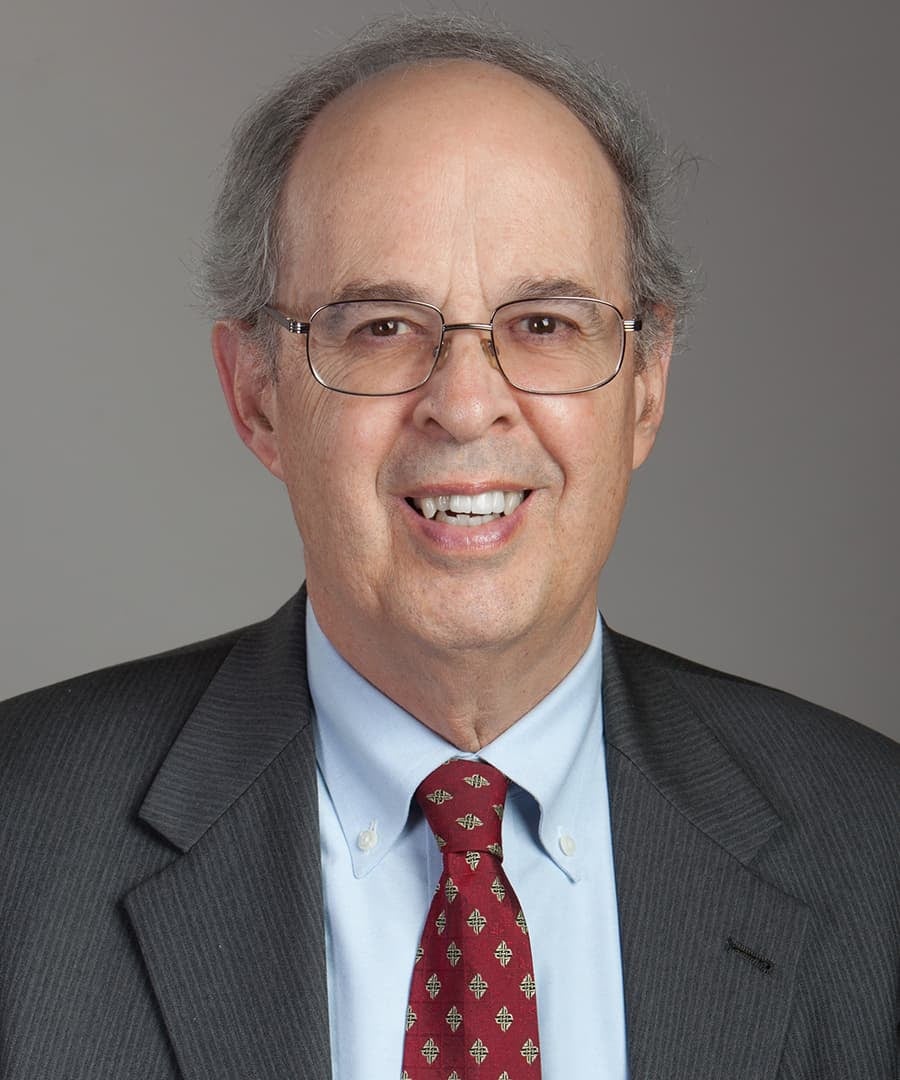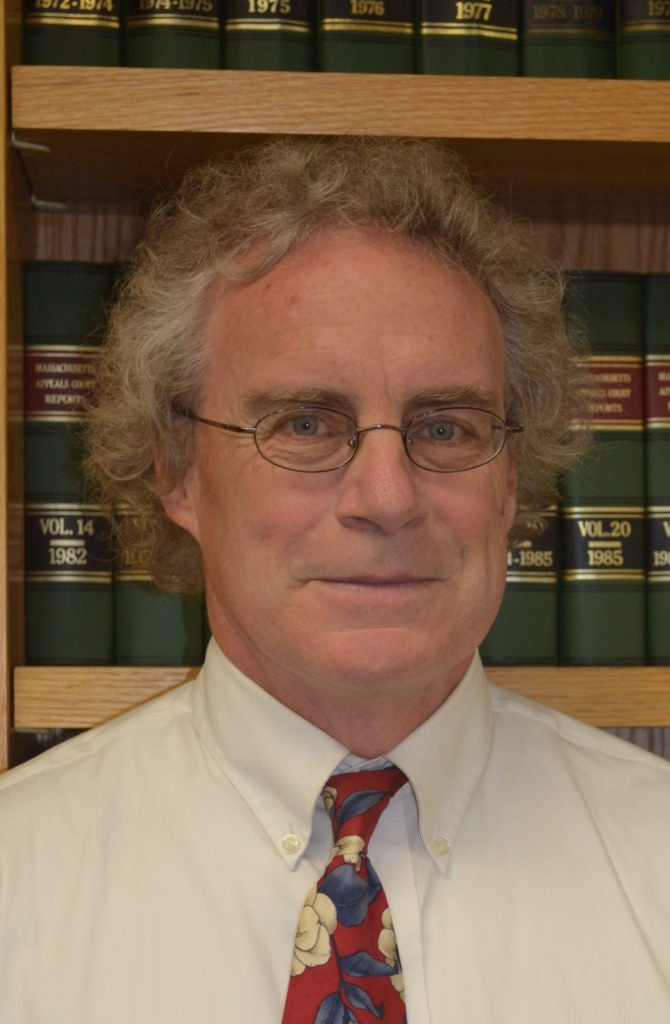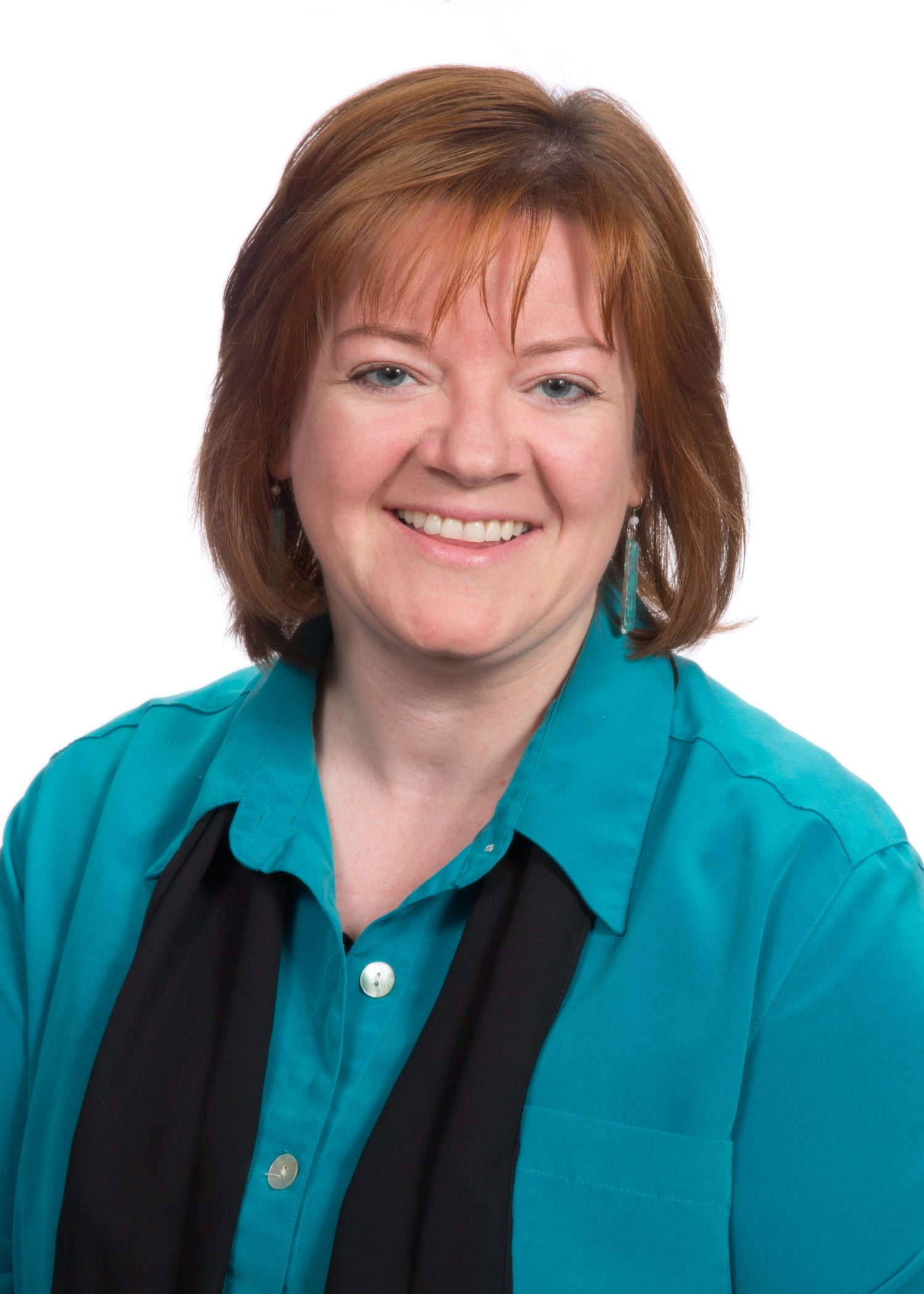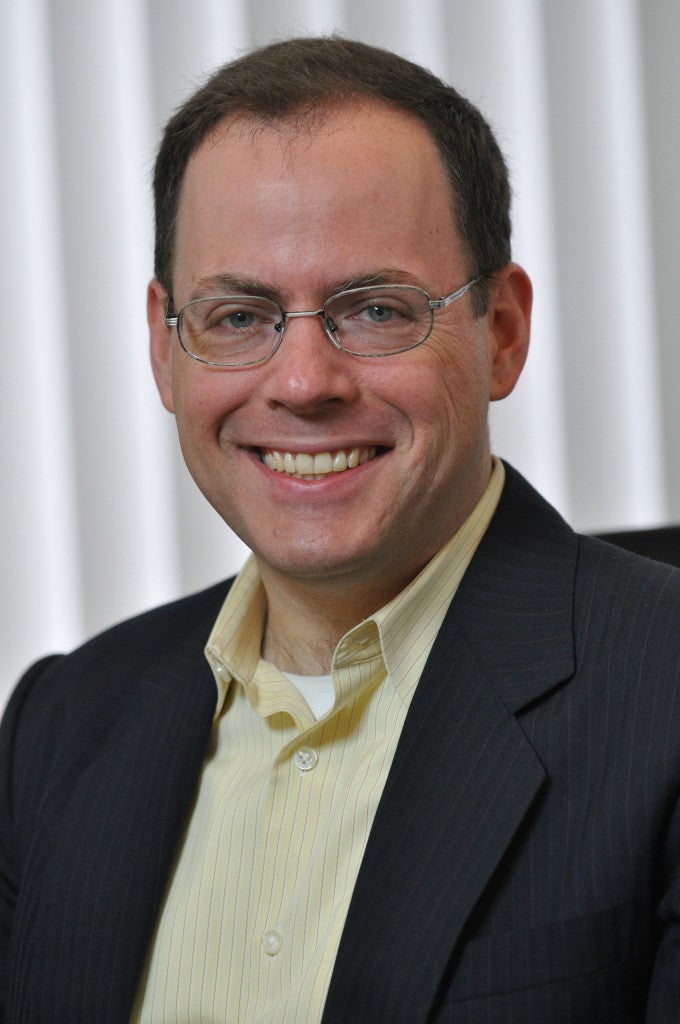This year, several clinicians are celebrating milestone anniversaries at Harvard Law School. Over 20, 30, even 55 years in the Harvard Law Clinical Programs, these clinicians have provided thousands of hours of crucial pro bono legal service in the Boston community and across the globe, mentored generations of students, and have been trusted and valued colleagues to their peers.
Judge John Cratsley (Ret.), 55 years

Judge John Cratsley (Ret.) has been a member of the clinical community at Harvard Law since 1971, serving as the director of the Judicial Process in the Trial Courts Clinic since its inception. Cratsley oversees students working in clinical placements with individual judges of the District Court, Boston Municipal Court, Juvenile Court, and Housing Court Departments of the Massachusetts Trial Court, and Federal District Court. He is perfectly suited for the job, having served on the Massachusetts Superior Court himself for 24 years. In the clinic’s seminar, Cratsley encourages students to observe the way judges are functioning in their courts, while also paying attention to issues such as judicial accountability, judicial ethics, ADR, juries, access to justice, and sentencing innovations like treatment courts and restorative justice.
For the past several years, Cratsley has taught the clinic alongside lecturer on law Barbara Berenson. “Henry Adams’s observation, ‘A teacher affects eternity; he can never tell where his influence stops,’ perfectly captures John Cratsley’s enduring legacy,” she says.
“Over his 55 years at Harvard Law School, John’s infectious enthusiasm and dedication to mentorship have empowered generations of students to graduate prepared for successful legal careers. John’s commitment to student success extends to our weekly seminars that delve into the critical role of trial courts and equip students with the academic knowledge and interpersonal skills essential for success in their judicial internships. These sessions cover crucial topics such as restorative justice, therapeutic courts, access to justice, and more. Through John’s guidance, students gain invaluable insights into trial court practice, persuasive oral and written advocacy, judicial decision-making, and more. Over the decades, John’s unwavering support has shaped countless students into successful lawyers, mentors, and champions of justice.”
“It has been an absolute pleasure to work with Judge Cratsley over the last five years,” says faculty assistant Samantha Burke. “His kindness and dedication to his work are apparent to everyone who encounters him. Students are warmly welcomed into both his office, and his home, where he and his wife, Holly, regularly host students for holidays they otherwise may have spent alone. His curiosity and enthusiasm, and his willingness to explore the new with an open heart and mind, serves as a masterclass in how to maintain and cultivate meaning over a long and rewarding career.”
Colleagues recount the warmth and good nature that have made him such a treasured colleague. “John Cratsley has been a colleague, a mentor, and a friend for over 40 years,” says Jim Tierney, director of the Government Lawyer: State Attorney General Clinic. “In 1983, John was named the head of the Public Protection Bureau in the Massachusetts Office of Attorney General while I was serving as the Attorney General of Maine. Because consumer fraud crosses state lines, we worked together to bring to justice to those who preyed on our most vulnerable citizens. I lost track of John when in 1987 he began his 24 years of judicial service, but we were thrilled to be reunited at Harvard Law School where our offices adjoin each other. In addition to sharing old memories and a love of Maine, we share a firm commitment that only through practical legal education can the next generation of lawyers know how to best advocate for the public interest. It is an honor for me to be John Cratsley’s colleague and friend.”
Roger Bertling, 30 years

Roger Bertling is a clinical instructor, lecturer on law, and director of the Consumer Protection Clinic at the WilmerHale Legal Services Center (LSC). Over the course of 30 years in the clinic, Bertling and his students have represented hundreds of low-income individuals in cases related to predatory lending and other consumer matters, including bankruptcy and debt collection defense. Under Bertling’s supervision, students represent clients in both small claims and regular civil courts, helping to defend — and in some cases, proactively protect — consumers.
Bertling first joined the Legal Services Center as a clinical instructor in the Housing Law Clinic in 1993. His colleague Maureen McDonagh, today’s director of the Housing Law Clinic, captures his lasting impact at LSC: “Roger has for all these years, been the heart of the Center. He uses his exceptional sense of humor to lighten the many heavy moments we all face and to make all of us here feel part of his circle,” she says.
“Roger is truly a one-of-a-kind teacher, mentor, colleague, and advocate,” adds Alexa Rosenbloom, clinical instructor who works alongside Bertling in the Consumer Protection Clinic. “He is smart, humble, kind, empathetic, and has a quick wit that rivals any comedian’s. Roger is beloved by everyone he interacts with—students, clients, colleagues, and even opposing counsel. His contributions to the consumer bar in Massachusetts are immeasurable, and I heard about ‘Roger’ (or sometimes ‘Bertling’) long before I came to LSC and got the pleasure of working alongside him. Roger’s clients have been so lucky to have him as the fiercest of advocates and everyone at LSC, including myself and countless students over the years, has been so lucky to learn from him.”
Prior to his work at the Legal Services Center, Roger was an attorney in legal services in Missouri and Massachusetts, specializing in consumer cases, elder cases and complex litigation. His work included an emphasis on mortgage problems and foreclosures. Roger received his B.A. at the University of Northern Iowa and his J.D. at the University of Iowa.
“We are all indebted to Roger for being such a stalwart and beloved member of our community for so many years,” says Daniel Nagin, clinical professor of law and faculty director of LSC. “As lawyer, teacher, and colleague, Roger is simply the best. Among the many, many things he has modeled, Roger’s approach to collaborative lawyering with students has set the bar for all of us. Similarly, his trademark “walking the carrels” strategy for student engagement has taught everyone in our community multiple and vital lessons. Roger has made the world a better place for the untold numbers of clients and students who have been fortunate to work with him over the course of his distinguished career.”
Julie McCormack, 30 years

“Julie is the soul of the Legal Services Center,” says Maureen McDonagh, director of LSC’s Housing Law Clinic. “Her enormous heart shows itself in all the creative things she does for the community and her students, and her passion is endless.”
Julie McCormack is the director of the Safety Net Project of the Veterans Legal Clinic at the Legal Services Center, where she supervises clinical students representing clients in administrative settings, including in Social Security, employment, estate planning, consumer and other benefits issues. Since joining LSC 30 years ago, McCormack has expanded the clinic’s impact through new ideas, including LSC’s CORI sealing initiative and LSC’s Peoples Law School “Know Your Rights” community legal education workshops. To provide holistic representation to clients, she also works on employment, estate planning, consumer and other benefits issues and collaborates with other LSC clinics, including the Estate Planning Project, the Consumer Protection Clinic, the Family Law Clinic, the Housing Clinic, the Tax Clinic and the Veterans Legal Clinic, to address clients’ broader needs.
“Julie’s deep compassion and fierce determination to address social injustices have inspired decades of students, interns, and colleagues,” says Betsy Gwin, former LSC clinical instructor who co-taught the Poverty Law Workshop alongside McCormack. “While she built up vast and detailed knowledge of safety net benefit programs and their mechanics, she has never lost her ability to translate complicated rules into actionable information for clients, students, and fellow advocates. Like so many others, I am grateful for her generosity as a teacher, a community leader, a mentor, and a friend.”
“First, no one knows more about the vast and complex world of safety net benefits than Julie—she possesses truly expert knowledge about every nook and cranny of every program,” adds Daniel Nagin, clinical professor of law and faculty director of LSC. “Every clinic and every advocate at LSC very much depend on Julie’s substantive and strategic expertise.
“What is more, Julie combines her unmatched expertise with an unmatched commitment to justice. Through creative strategies for community engagement and community partnerships, she has set the standard for what it means to engage in community-based lawyering. Indeed, she has long served as the beating heart of LSC’s commitment to ensuring our clinics are responsive to community need and accessible to clients, especially those clients living with health challenges and those who may encounter the greatest barriers in navigating to legal help. Beyond these extraordinary contributions, Julie brings a singular joy to the demanding tasks of advocate and teacher—enriching the LSC community in countless ways over these many years. A trailblazer in the field of public benefits advocacy and the pedagogy of poverty law, Julie has made a mark that will not soon be repeated.”
Tyler Giannini, 20 years

Tyler Giannini, clinical professor of law and director of the Human Rights Entrepreneurs Clinic, is celebrating 20 years of advancing the human rights practice at Harvard Law. The clinic, which launched last year under his direction, combines core practical skills with entrepreneurial thinking to advance the field of human rights law, aiming to both move the needle toward justice and accountability with substantive work, as well as to launch a cohort of changemaking attorneys into the exciting first stages of their careers.
“I first met Tyler in 2015, and it has since been a journey of growth and inspiration,” says Salma Waheedi, Lecturer on Law and Executive Director of the Program on Law and Society in the Muslim World at Harvard Law School. “He is best known in the field as a distinguished human rights attorney, but at Harvard Law School, he combines a rigorous legal practice with a mindful, holistic, uplifting, and individualized approach to student supervision and mentorship. Throughout the years, I have observed his innovative and student-centered approach to teaching and training inspire the journeys of many students who have graduated to pursue human rights and justice advocacy, and to advance creative solutions and approaches to human rights lawyering globally. As I moved on to supervise my own student teams, I have taken with me many lessons that I continue to lean into to grow and challenge myself and my students as legal professionals, advocates, and members of our community.”
Emily Ray ’21, alumna and clinical fellow at the Human Rights Entrepreneurs Clinic, is one of many students who cite Giannini as an inspiration for their career in human rights: “Reading about the Unocal case in college is actually what inspired me to go to law school in the first place; I had no idea that Tyler was a core part of the team responsible for that case until I arrived at HLS. Having the opportunity to work with Tyler first as a clinical student and now as a Fellow in the Human Rights Entrepreneurs Clinic truly feels like a full-circle moment for my career in human rights. I literally would not be where I am today in this field without his mentorship and guidance, and I know that countless other alums would say the same. It is a true honor to work with Tyler.”
In addition to his contributions to the clinical landscape at HLS, Giannini has also made significant contributions to the international human rights field, including as co-counsel in the landmark Doe v. Unocal case, a precedent-setting corporate ATS suit about the Yadana gas pipeline in Myanmar. “I first worked with Tyler in the years when we shared the directorship of the Human Rights Program,” says Gerald Neuman, professor of law and director of HRP. “At HRP, Tyler was a dedicated and creative leader, bringing deep experience of human rights NGO work to our human rights advocacy, pedagogy and student advising. He is strongly committed to teamwork and consultation of stakeholders, and kind and supportive with students.”
“Tyler has played a pivotal role in advancing human rights and environmental justice both in the United States and globally, contributing significantly to advocacy, organizing and strategic litigation,” says Abadir Ibrahim, associate director of the Human Rights Program (HRP). “What is remarkable about Tyler is that he maintains a humble and unassuming demeanor despite, or because of, how much he has achieved.”